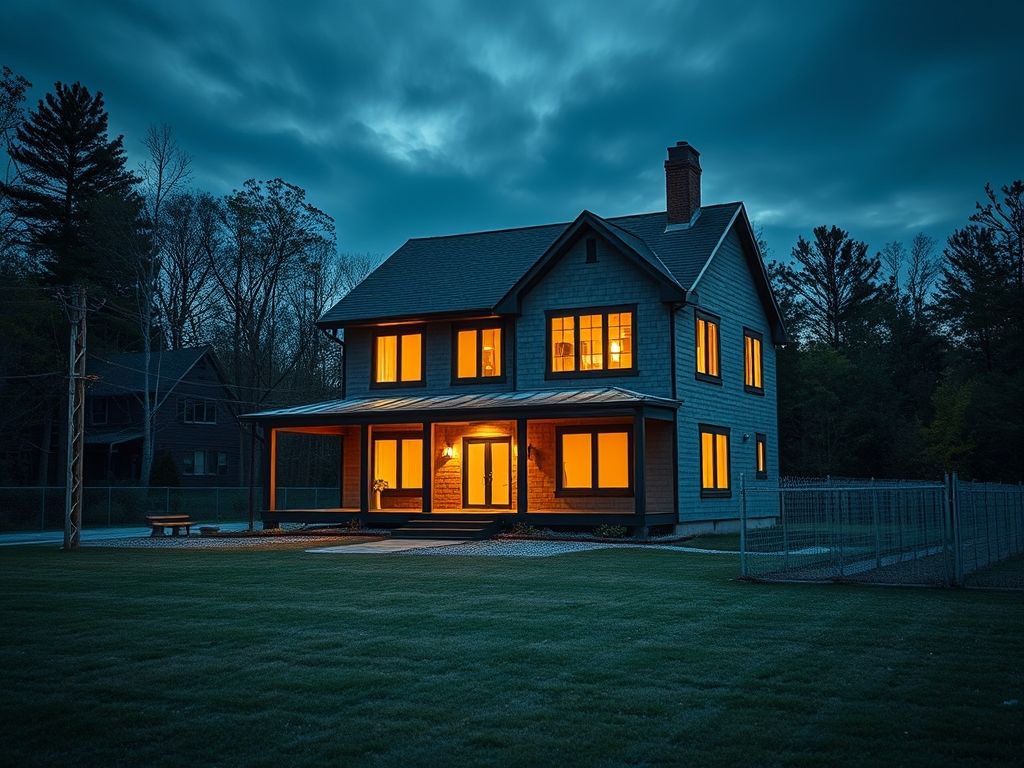What is Building Trends?
Building trends refer to the evolving patterns and practices within the construction and home renovation industry. They encompass a wide array of factors including design, sustainability, technology, and market demands that shape how buildings are constructed and renovated. Understanding these trends is crucial for homeowners, real estate investors, and professional contractors in Massachusetts, as they can significantly influence project decisions, investment strategies, and overall satisfaction.
The Importance of Building Trends
In the ever-changing landscape of construction, being aware of the latest building trends can provide a competitive edge. For homeowners, this knowledge helps in making informed decisions regarding renovations, upgrades, and new constructions. Real estate investors can leverage trends to maximize property value while contractors can enhance their service offerings, ensuring they stay relevant and appealing in the market.
Current Trends in the Massachusetts Construction Market
Massachusetts has seen several significant trends shaping its construction sector. These include:
- Sustainability: An increasing emphasis on energy efficiency, sustainable materials, and environmentally-friendly practices.
- Smart Home Technology: The integration of advanced technology and automation in homes, making them more efficient and user-friendly.
- Modular Construction: A growing popularity in prefabricated and modular homes, which allow for faster and more cost-effective building.
- Urban Development: A focus on urban infill projects that maximize land use in densely populated areas.
Understanding Key Components of Building Trends
To fully grasp what building trends entail, it’s essential to break them down into key components:
1. Design Innovations
Design plays a pivotal role in shaping building trends. Today’s designs are not only about aesthetics but also functionality and efficiency. For instance, open floor plans and multi-functional spaces are increasingly favored. In Massachusetts, incorporating local architectural styles with modern elements can enhance property appeal.
2. Sustainability Practices
As environmental concerns rise, sustainable building practices have become a significant trend. This includes using renewable resources, energy-efficient appliances, and sustainable landscaping. Homeowners in Boston, for example, are opting for solar panels and green roofs to reduce their carbon footprint.
3. Technology Integration
The integration of technology into construction is reshaping how projects are executed. From Building Information Modeling (BIM) to smart home systems, technology streamlines processes and improves functionality for end-users. Homeowners and contractors are encouraged to explore these innovations to enhance their projects.
4. Market Demands
Market demands greatly influence building trends. With changing demographics and preferences, understanding what buyers want is crucial. For instance, the rise in remote work has led to increased demand for home office spaces and outdoor living areas.
Applications of Building Trends in Everyday Life
Implementing knowledge of building trends can lead to better decision-making in construction and renovation projects. Here are practical applications:
- Home Renovation: Homeowners can enhance their properties by incorporating popular trends like energy-efficient windows or open floor plans.
- Real Estate Investment: Investors can focus on properties that align with current market demands, such as those featuring smart technology or sustainable designs.
- Contractor Services: Contractors can update their service offerings to include modern trends, thereby attracting more clients and projects.
How to Stay Informed About Building Trends
Staying updated with building trends is essential for anyone involved in the construction and home renovation sectors. Here are some effective strategies:
- Follow Industry Publications: Subscribe to construction magazines and websites that cover the latest trends and innovations.
- Join Local Trade Associations: Engage with local construction associations in Massachusetts to network and gain insights.
- Attend Workshops and Seminars: Participate in educational events that focus on emerging trends and technologies in construction.
Related Concepts in the Building Industry
Understanding building trends also means being aware of related concepts that can further enhance your knowledge:
- Green Building: This concept focuses on the environmental impact of construction and living sustainably.
- Home Automation: The integration of smart devices that enhance security, energy efficiency, and convenience.
- Renovation vs. New Construction: Understanding the differences and when to choose one over the other based on trends and needs.
Conclusion: Embracing Building Trends for Future Success
Understanding what building trends are and how they influence the construction landscape is crucial for homeowners, investors, and contractors in Massachusetts. By keeping abreast of these trends, you can make informed decisions that enhance property value, improve living conditions, and ensure sustainability. The future of construction is dynamic, and embracing these changes can lead to greater satisfaction and success in your projects.
Now that you have a deeper understanding of building trends, consider how you can apply this knowledge to your next project. Whether it’s opting for sustainable materials in your renovation or investing in a property with modern amenities, every decision counts towards achieving your goals!







